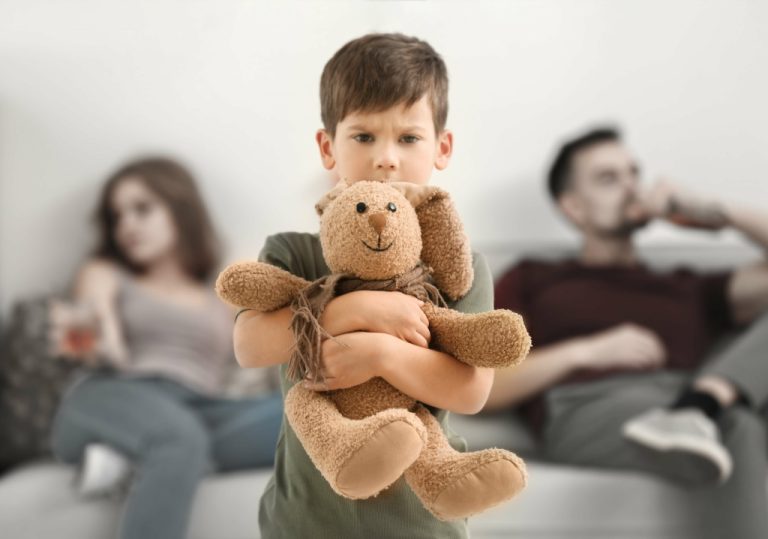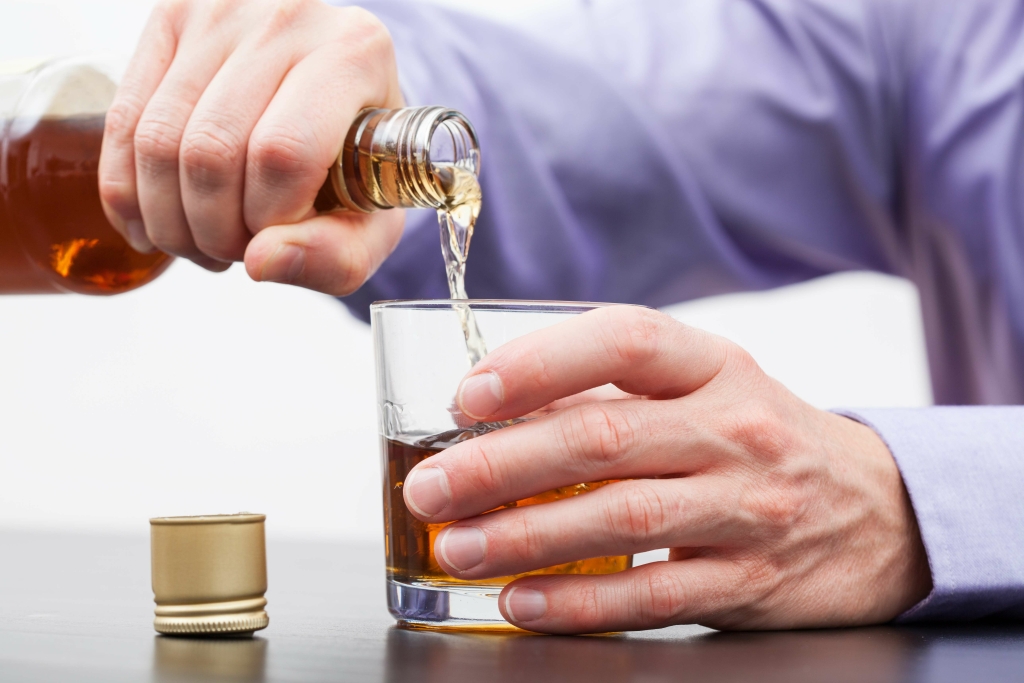There are other ways to detox from alcohol, such as using an herbal detox or a nutritional detox. Behavioural treatments include motivational interviewing and cognitive-behavioural therapy. Motivational interviewing involves a counsellor, usually a psychologist, and a patient. Therefore, there are several medications that the national institute recommends, medicines used to stop addict relapse by decreasing their drinking.
Mental Health and Loneliness
Understanding these stages can help individuals recognize potential triggers and develop coping strategies to avoid relapse. It is important to note that relapse should not be viewed as a failure but rather as a setback in the recovery process. Recovery from alcohol addiction is a journey, and relapse can serve as an opportunity for learning, growth, and renewed commitment to sobriety 1. Employment plays a significant role in recovery from alcohol use disorder. Research indicates that unemployed individuals have a higher relapse rate of 65%, while those who are employed show a lower relapse rate of 45%. This disparity highlights how financial stability and work engagement can contribute positively to recovery outcomes.
Addiction Relapse Rates in the United States

The facts and percentages of alcohol use disorder are a depressing thing to fixate on, but there is good news. Some studies have shown that 1,200 individuals suffering from an alcohol use disorder practiced long-term abstinence and were/have been successful in their long-term recovery success. Dual diagnoses—where an individual contends with both a substance use disorder and a mental health disorder—pose unique challenges in the recovery journey. The relationship between alcohol abuse and mental health issues is deeply intertwined, often leading to exacerbated outcomes if not treated alcohol rehab concurrently. Individual counseling sessions can provide a safe and confidential space for individuals to address underlying issues and develop personalized relapse prevention strategies.

Struggling with addiction or mental health? Request a confidential call today.
There were some interactions between the help groups and the baseline variables in predicting remission (Table 1). Moreover, compared to individuals who remitted with help, individuals who remitted without help had fewer problems or more resources on each of these indices. Involving family members in the recovery process has been shown to improve success rates by up to 50%. Various forms of monitoring have been used to detect drug/alcohol use in such programs.
Substance Use Relapse Association With Mental Health

In the broader landscape, these statistics serve as a reminder that relapse, though common, is not what percent of alcoholics relapse the end of the road. Individuals who continue to refine their approach – through better coping skills, expanded social support, and persistent engagement in professional treatment – stand an excellent chance of achieving lasting sobriety. Relapse rates for individuals recovering from alcohol addiction can be quite staggering, with about one-third experiencing a return to drinking within the first year. For instance, those in recovery see relapse rates drop to 21.4% in their second year. Further stability is observed in years three to five, with relapses occurring in only 9.6% of individuals.
Comprehensive Outpatient Rehabilitation Facilities (CORFs) provide specialized, multidisciplinary therapy services to support patients’ recovery from injuries, surgeries, or chronic conditions without overnight stays. Helping a loved one enter drug rehab involves researching treatment centers, exploring financial aid, providing emotional support, and planning for aftercare. While it can be challenging to escape addiction, treatment options and a recovery process with a support group can help. After a relapse, it can be difficult for a recovering alcoholic to remain sober after rehabilitation, but it is possible.
- Our committed clinical team is always available to guide patients through the recovery process and assist them in getting back on track should they relapse.
- This stigma can be particularly pronounced in specific communities, where cultural notions about addiction can further complicate individuals’ willingness to seek assistance.
- However, those who complete longer treatment programs are better equipped to build a robust foundation for recovery.
- Those who manage to maintain sobriety for five years have a relapse rate of less than 15%.
Questions about treatment?
- Recent estimates from clinical treatment studies suggest that more than two thirds of individuals relapse within weeks to months of initiating treatment 3, 4•, 5.
- Among youth aged 12 to 17 with AUD, only 9.7% received treatment in 2023, indicating the challenges faced by this demographic.
- Additionally, if you haven’t completed rehab, going back to treatment can provide you with better tools for long-term sobriety.
- 40% of all Americans with an alcohol use disorder attribute their failure to overcome alcoholism to lack of willpower.
Many people may feel https://bountifulrecoveries.com/alcohol-allergies-symptoms-signs-and-treatment-for-6/ shame or guilt about their condition, which can lead to isolation and reluctance to engage in treatment. This stigma can be particularly pronounced in specific communities, where cultural notions about addiction can further complicate individuals’ willingness to seek assistance. The cost of alcohol misuse is substantial, estimating about $249 billion annually in the U.S.
Benefits of PA Rehab Centers
But the beauty of it all is that even though the damage may be grave, there are professional treatment options. Alcoholism is characterised by the consumption of more alcohol than what is considered socially acceptable and requires a long-term recovery. According to Recovery Research Institute on alcoholism, it can take an alcoholic two, three, even four tries before they finally come out of addiction. I just want to thank my therapist for helping me to accept my anger, and learning how to deal with it. Cookie PolicyWe do not offer specific health advice, nor are we a remote clinical advice service (RCA). We can, with your consent, pass your details to our partners that can offer this.
